Florida Chamber Music Project 2025-2026 Concert Series
Presented in Partnership with the Beaches Museum Chapel
Concert Times: Sundays at 3:00 pm. Doors open at 2:30 PM (Box office opens at 2:00 pm)
Location: Beaches Museum Chapel at 505 Beach Blvd, Jacksonville Beach, FL 32250
SEASON 13
(2025-2026)
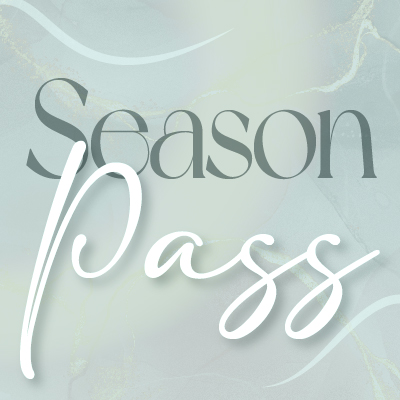
Concert Time:
Sundays at 3pm. Doors open at 2:30 pm
Location:
Beaches Museum Chapel at 505 Beach Blvd, Jacksonville Beach, FL 32250
6-Ticket Season 13 Passes are available now at $172.00 for the 2025-2026 Concert Series
Save over the single ticket price of $32.00 per ticket.
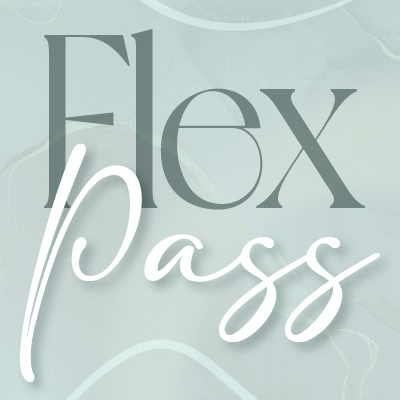
Concert Time:
Sundays at 3pm. Doors open at 2:30 pm
Location:
Beaches Museum Chapel at 505 Beach Blvd, Jacksonville Beach, FL 32250
3-Ticket Season 13 Flex Passes are available now at $86.00 for the 2025-2026 Concert Series
Good for any three concerts of your choice during the 2025-2026 Concert Series
Save over the single ticket price of $32.00 per ticket.
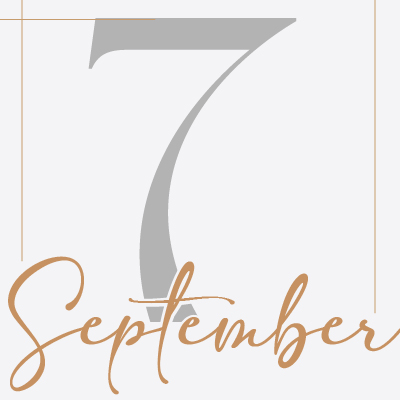
SEPTEMBER 7, 2025
This concert is sponsored by Doug and Karen Worth
- String Quartet No. 1, “Lyric” • George Walker
- String Quartet in G Major, D. 887 • Franz Schubert
"Single tickets on sale in July"
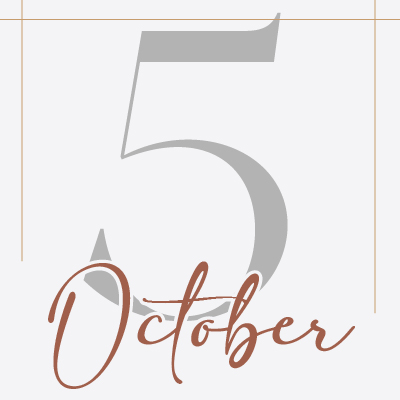
OCTOBER 5, 2025
This concert is sponsored by Danny & Robin Berenberg and
Ken & Joan Hecht.
- Credo • Kevin Puts
- String Quartet in E minor, Op. 44, No. 2 • Felix Mendelssohn
"Single tickets on sale in July"
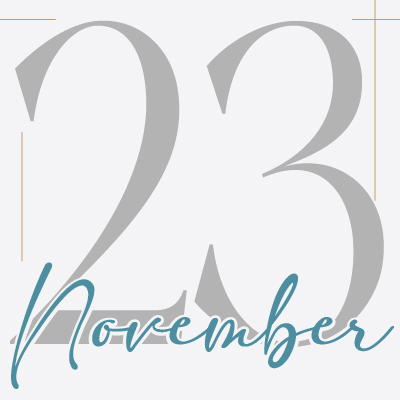
NOVEMBER 23, 2025
Guest artist: Giovanni Bertoni, Clarinet.
- Clarinet Quintet in A Major, K. 581 • Wolfgang Amadeus Mozart
- Gumboots • David Bruce
"Single tickets on sale in July"
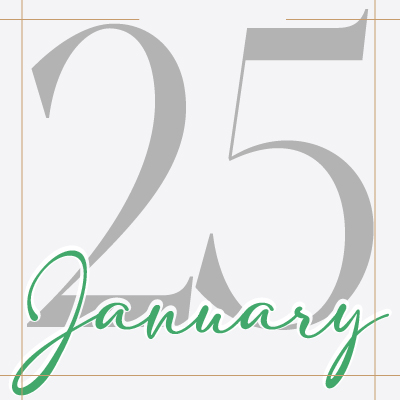
JANUARY 25, 2026
This concert is sponsored by Antonia Porterfield
Guest artist: Hyunsoon Whang, Piano.
- Eclogue, Op. 56, No. 2 • Antonin Dvorak
- Piano Quintet in A Major, Op. 81 • Antonin Dvorak
"Single tickets on sale in July"
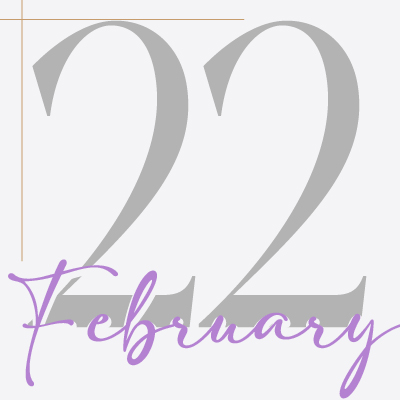
FEBRUARY 22, 2026
This concert is sponsored by Redgie and Holly Gutshall
Guest artists Romona Merritt and Brian Magnus.
- String Quartet in C Major, Op. 33, No. 3 “The Bird” • Joseph Haydn
- An Exaltation of Larks • Jennifer Higdon
- Spring Tales • Piotr Szewczyk
- Amazing Grace • Jennifer Higdon
"Single tickets on sale in July"
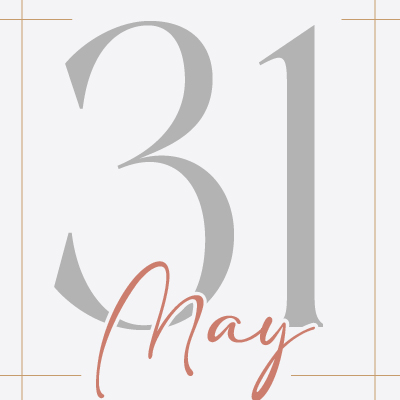
MAY 31, 2026
Sponsorship still available
- Voodoo Dolls • Jessie Montgomery
- Source Code • Jessie Montgomery
- String Quartet in C Major, Op. 59, No. 3 • Ludwig van Beethoven
"Single tickets on sale in July"
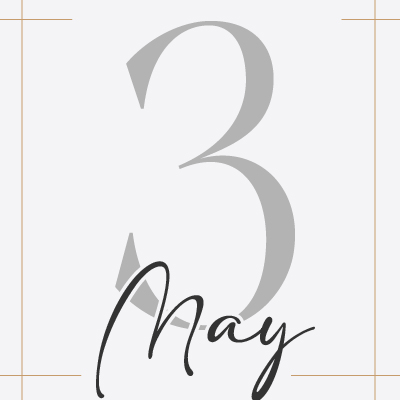
MAY 3, 2026
This concert is sponsored by Dr. Sharon Scholl
in honor of her late husband Dr. Harvey Scholl
Guest artist: Evangeliya Delizonas, Piano.
- Piano Quintet in F minor • Cesar Franck
"Single tickets on sale in July"
Concert ReviewAmerican Music Takes Center Stage with the Florida Chamber Music Project
American music rarely makes the number one spot when thinking about classical music. We most often hear about the German symphonies of Beethoven, the Italian operas of Verdi, and the French piano music of Debussy. Yet American music stole the show in the Florida Chamber Music Project’s February 23 concert, with inspiring results. In the program, featuring two string quartets in G major, one by Florence Price and one by Antonin Dvorak (op. 106), the Florida Chamber Music Project’s four string players made a strong case for the importance of this music through their focused and energetic performance.
The FCMP’s string quartet raised the curtain with their sensitive playing of Price’s opening bars, reminiscent of songs from the early days of Broadway. The stage now set for an old American epic, the players took turns presenting characterful themes, accompanied by the dancing pizzicato (plucked) notes in one moment and sensuous bowed notes the next. Despite moments where intensity covered over subtler details in the score, the ensemble’s coordination convinced us of Price’s vision—all the way to the movement’s dramatic final flourish.
The first movement’s fireworks gave way to the mournful song of the second. Without indulging any sleepiness in the Andante moderato, the players’ singing sound portrayed the religious folksong of the African American spirituals with tenderness. We suddenly shifted back into the classical world with Susan Pardue’s expressive viola solo evoking a tenor aria, although here with the dancing pizzicato of the first movement having returned to accompany. The nostalgic return of the opening spiritual rounded out the movement’s gentle sonic world, bringing the quartet to a close like the curtain slowly falling on an old American film.
We stepped back a few decades with Dvorak’s String Quartet—from the movie theater to the opera hall. An inspiration to Price’s Symphonic music, Dvorak similarly incorporated folk elements and techniques of popular operas into his compositions. The FCMP’s ambitious performance of Dvorak’s quartet conveyed the grand sense of his operatic leanings, while pairing Dvorak’s quartet with Price’s attuned our ears to its folk elements. This bold programming paid off with an energetic account of the work.
Following the lead of first violinist Igor Khukhua, the ensemble stepped into the work with energy and excitement. The score’s fast runs and dramatic outbursts met with an earthy, raw sound that filled the space with the glimmer of the ensemble’s unique voice. Throughout the work’s four movements, the players embodied Dvorak’s operatic characters, from cheerfully energetic in the first movement to menacingly dark in the second with jovial dancing in the final; the full cast came across in the ensemble’s devoted attention to their sound.
The portrayal of Dvorak’s variety of characters by the FCMP demonstrated the beauty of diversity in music—a virtue celebrated throughout the program’s mixture of folk and classical. This timely reminder gave Sunday’s moving performance a deeper sense of urgency, and the performance’s quality gave us hope for such celebrations of diversity to continue.
Matt Bickett - Writer
Matt Bickett is a musician and scholar living in Jacksonville, FL.
Concert ReviewCelebrating Mozart's Birthday with the Florida Chamber Music Project
The Florida Chamber Music Project hosted one of Jacksonville’s finest celebrations of Mozart’s birthday on Sunday, January 19th. Perhaps the most famous composer of classical music, Wolfgang Amadeus Mozart’s enduring popularity inspired brilliant performances by the Florida Chamber Music Project with guest pianist Hyunsoon Whang and clarinetist Giovanni Bertoni. Braving the cold and rain, the performers’ bright camaraderie shined through this celebratory program ranging from the Fantasy in D minor for solo piano to the Trio in E-flat Major and Piano Quartet in G minor.
Whang opened the program with the mysterious, searching quality of Mozart’s Fantasy. Her performance captured the improvisational spirit of the piece’s first bars, bringing a refined clarity of tone and sense of direction. In the work’s aria-like phrases and sweeping passages, Whang’s sensitive playing evoked the sets and costumes of the opera stage. Whang’s full, open sound in the cheerful ending set the stage for the chamber works to follow.
Bertoni and violist Susan Pardue then joined Whang on stage for Mozart’s playful “Kegelstatt” trio. Before the piece, Pardue, also FCMP’s Artistic Director, explained how this work reflects the FCMP’s mission of fostering joy and connection in their “Music Among Friends” series.
The Trio’s introduction showcased the play of music among friends, with the phrases energetically passed from viola to clarinet to piano. The extroverted energy of the middle movement helped to overlook tuning difficulties in some phrases, and the work’s grand finale brought the entire performance together with excitement. Throughout, the chapel space’s woody resonance complimented the blend of Bertoni’s soaring phrases with Pardue’s warm tone and Whang’s sensitively supportive sound.
The concert’s largest work, the Piano Quartet in G minor, brought violinist Victoria Stjerna and cellist Laurie Casseday to the stage. Following Pardue’s helpful pre-performance guide through the work, including a short demonstration of the first movement’s theme, the audience nodded with recognition of Mozart’s various changes to the theme throughout the movement.
The performers responded with an intensified focus on the movement’s dramatic character. With the second movement’s reprise of the operatic spirit of the concert’s opening Fantasy, the expressive quality of the string players’ vibrato brought Mozart’s creative composition to life. The dancing rhythms and sunny tone of the Quartet’s lively conclusion rounded out this musical celebration of Mozart’s life among a full house of friends.
Matt Bickett - Writer
Matt Bickett is a musician and scholar living in Jacksonville, FL.
